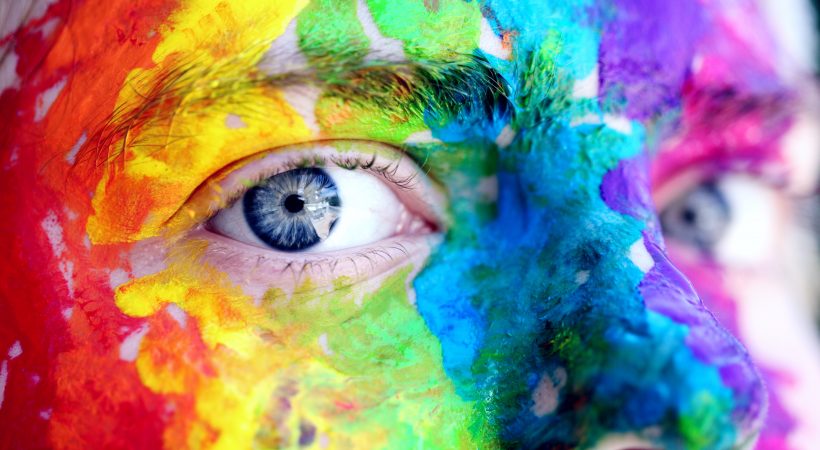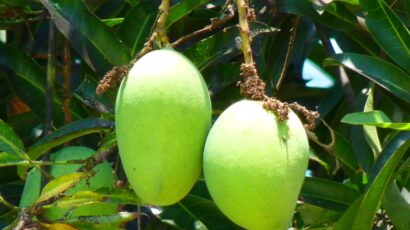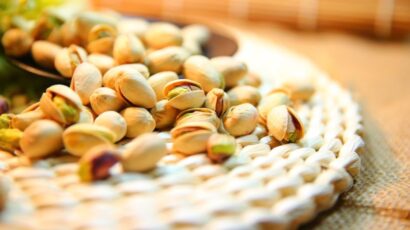Ayurveda and Personality

Personality as a psychological term has many definitions but all of them refer to those factors in an individual that make up the appearance and behavior of an individual. It is usually perceived on the basis of how an individual reacts, behaves and thinks in a particular situation. The first one to classify individuals based on their behaviors, characteristics, mental states, abilities and actions in psychology was Carl Yung.
From then on, there have been many studies in this field and many scales that categorize individuals into various personality groups. Though not so popular as psychological theories prevalent today, Ayurveda has had its division of individuals on the basis of personality traits long before the modern science thought about it.
With a history of more than 5000 years, Ayurveda divides individuals basically into three groups which further have various subgroups. Sathwaguna, Rajoguna and Thamoguna are the three divisions into which Ayurveda classifies individuals. With 7 subgroups for Sathwaguna, 6 for Rajoguna, and 3 for Thamoguna, Ayurveda has a wide array of personality types.
While those belonging to Sathwaguna are more idealistic in nature, the other two groups have their own weaknesses and deficiencies. While those belonging to Rajoguna are self-oriented and ambitious, those belonging to Thamoguna are ignorant or ill learned according to the Ayurveda concepts.
Subgroups of Sathwaguna:

Brahmasathwa: Non-judgmental in nature, there individuals are seekers of truth and are capable of overcoming their senses with the power of their mind. Such individuals are capable of understanding and accepting others as they are.
Rishisathwa: Spiritual in nature, such individuals are interested in traditions and culture, spiritual journeys and activities, free from self, and highly intelligent.
Indrasathwa: Just as Lord Indra in Indian mythology, such people are born leaders and influencers with persuading capacities.
Varunasathwa: By birth, such individuals are interested in water sports, swimming and water related activities.
Kuberasathwa: Extremely ambitious and hardworking, these individuals are money oriented and luxurious in their life. They are interested in travelling, shopping, meeting new people, and thus enriching their life to the most.
Gandharvasathwa: Interested in Dance, Music and arts, these people have an artistic personality with good skills in literary domains. Such individuals are also characterized by an increased libido.
Yamyasathwa: These individual make the best use of situations to enhance their life and happiness and are mostly self-oriented.

Subgroups of Rajoguna:
Asurasathwa: With an intimidating and cruel appearance, these people usually frighten people with their appearance. Individual belonging to this category are usually cruel and courageous in nature. They usually find pleasure in speaking about themselves.
Rakshasasathwa: These individuals are usually short-tempered and intolerant. Intense craving to food, especially non-vegetarian foods can be seen in these individuals. Cruelty and hypersomnia are characteristics of these individuals.
Pishachasathwa: Individuals in this group are extremely sensual and exhibit tendencies like that of rapists. Criminal tendencies are quite common is such people. Weirdness is explicit in terms of their eating and behavior.
Sarpasathwa: Though usually cowardly in nature, these people exhibit exceptional courage when things go out of control. These people usually live in their past and often go to extreme ends when situation demands it.
Prethasathwa: These individuals are almost like dead. Indifferent and disinterested in job or relationships, such individuals are usually greedy in nature and cannot share anything with others.
Shakunisathwa: ‘Shakuni’ means bird. Just like a bird they are never consistent in life. They keep shifting from one point to another.
Subgroups of Thamoguna
Pashusathwa: Animal like nature and behavior are the specialties of these individuals. They are only concerned with pleasures of the senses and are addicted to it.
Mathsyasathwa: Always angry and hungry, these individuals and inconsistent and walk around to and forth like fishes.
Vanaspathyasathwa: They hate change and development and are lazy to the core. Hesitant to take a step, they are addicted to food.
Dr. Shabu Pattambi ([email protected])















